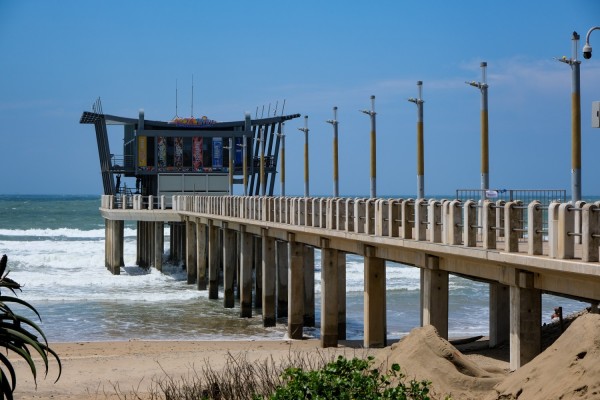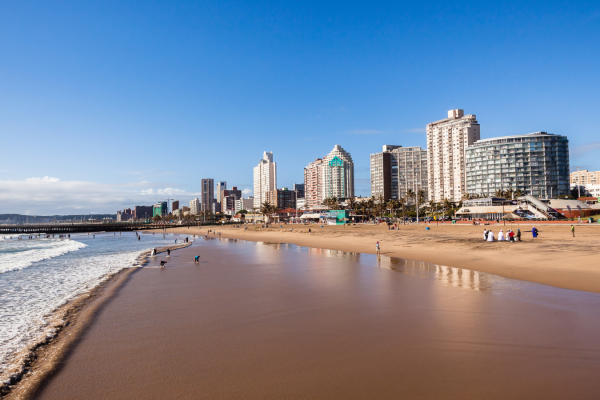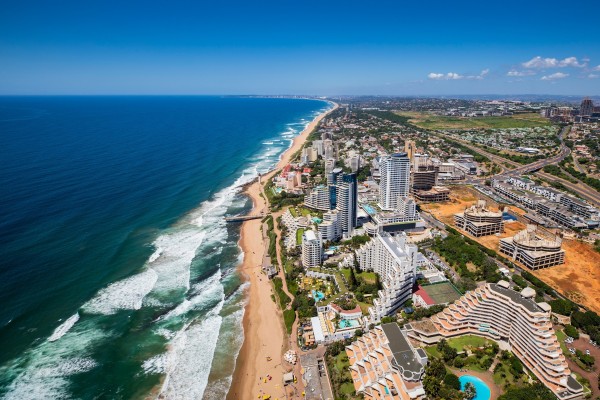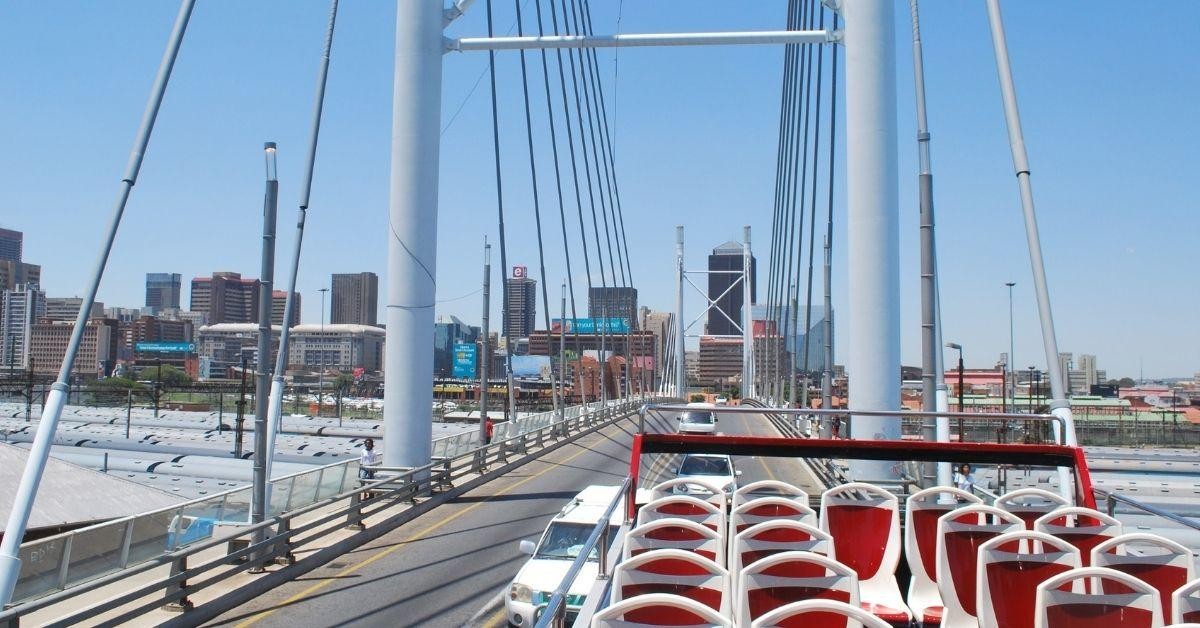
As South Africans, we’re blessed to live in a country with so much natural beauty.
Whether you reside in the coastal regions or the central parts of the country, there’s bound to be something beautiful to view and appreciate.
Anyone who has travelled in the country knows there is a vast difference between the coastal and inland climates - but why?
Simply put, it’s all to do with geography. Let’s focus on the why of it before discussing the pros and cons of living in those areas.
South Africa’s Geography

The Central Plateau covers nearly two-thirds of the country (and much of Africa). Around the coastal edges of this plateau is the Great Escarpment which varies in altitude between 2,000m to 3,300m.
The Drakensberg Mountains are the steepest part of this Great Escarpment. A section of the Drakensberg, the Lesotho Highlands, was formed by an upwelling of erosion-resistant lava, 1,400m thick in some places. This has created the high altitudes associated with the Kingdom.
Below and to the south of the escarpment is the Karoo, which is still a part of the Great Escarpment. However, the lava layer in this area eroded, creating the environment we know today, sandy and dry conditions. This layer makes its way down to the coastline around the Cape Fold Mountains to the ocean.
The Cape Fold Mountains are 510 - 350 million years old. They were crumpled into the shape they are today when past continents collided, forming an L shape. These mountains created an environment that’s unique and wet - not like the arid coast in the Northern Cape. Even the soil changes colour due to the rock.
So, what does this geography mean?
Well, South Africa’s inland region is much higher than the coastal region, and the mountains surrounding the coast keep the rain at the coast, creating lush conditions there. However, this means drier conditions inland.
Think of the drive from the Highveld to the Garden Route; our country’s geography has created these environments.
And if you refer to the 2012 movie, South Africa’s landscape makes it perfect for global flooding events.
Now that we understand some of the geographies, let’s talk about the average temperatures.
Average Temperatures

Looking at the four economic hubs of the country, the averages between summer and winter are pretty similar:
During the summer, Cape Town averages 20.1℃ and during the winter, around 12.6℃. Johannesburg is colder than the rest of the country, with an average of 19.2℃ during the summer and 17℃ in winter.
Durban has an average temperature of 23.8℃ in summer and 17℃ in winter. And Pretoria has an average temperature of 22.2℃ in summer and 12.9℃ in winter.
Due to the vast plateau, most of the country is arid and semi-desert, which is difficult for a country that needs to grow a lot of food.
The average annual rainfall for South Africa is around 464mm. However, where and when it will fall is becoming unpredictable. This has put a strain on the country’s water management systems.
Bearing all these factors in mind, let’s now talk about the Pros and Cons of living on the coast.
Pros and Cons of Living in a South African Coastal City
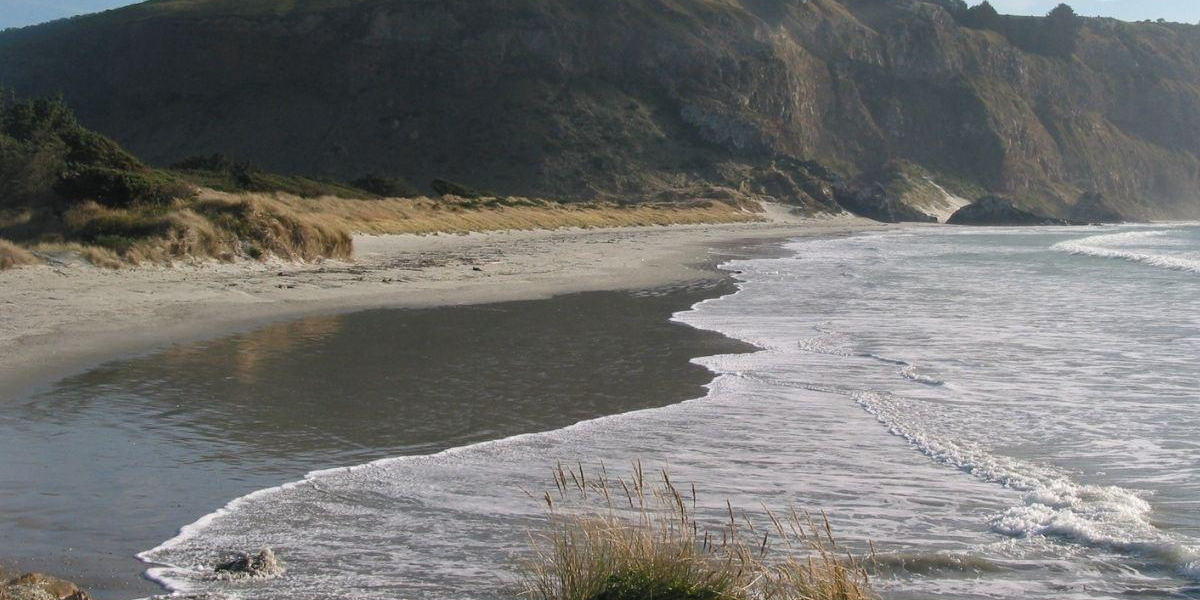
There is nothing like the fresh ocean air, the cool breeze coming off the crest of the waves, and the lush mountains in the background. South Africans living in a coastal city are blessed with this every day.
A few cities don’t have mountains in the background, so we’re generalising.
But what are the real pros of living at the ocean in South Africa?
Pros of Living in a South African Coastal City
Before we go any further, petrol and diesel are cheaper in coastal areas of the country. This is great as it allows residents in these regions to explore more of the surrounding areas.
For instance, in the Western Cape, locals can nip out for the day to a wine farm or a remote beach.
On average, these cities are also prone to being a bit cooler, with the ocean providing some reprieve from the baking sun.
While ocean activities are a significant bonus of living near the coast, access to mountains also means that coastal residents can explore them.
Also, in coastal cities, another generalisation is the cuisine is specialised. In Durban, you have Indian-inspired bunny chows; in Cape Town, you get the Malay-inspired Gatsby.
With tourism on the coast being a massive drawcard, many metropolitan regions have developed areas with this in mind, creating a mecca of lifestyle destinations and establishments.
For example, Gqeberha’s Boardwalk Casino and entertainment areas, Durban’s beachfront promenade, and Cape Town’s V&A Waterfront. Seaside towns are also attractive to domestic travellers looking for the ultimate staycation escape.
And cities by the coast have longer daylight hours. Many Highveld residents crave this during summer when they see Instagram pictures of 8 pm sunsets.
But it’s not all sunsets, mountains, and joy in coastal cities.
Cons of Living in a South African Coastal City
There’s a reason why coastal dwellers try to purchase vehicles inland - and that reason is rust. Saltwater is a force of nature no one in the interior needs to worry about, which means fewer maintenance costs on vehicles, homes, and more.
In Durban, this issue is amplified by the humidity. Another monetary issue is the higher cost of living in coastal cities, as establishments raise their prices for tourists.
The higher property price in coastal areas is also a significant issue and this is amplified in Cape Town due to the lack of land available for development.
And while Durban and Cape Town have International Airports, flight destinations from them are limited compared to Johannesburg.
There are more cons, but they are better expressed as pros for living in an inland city in South Africa.
Pros and Cons of Living in a South African Inland
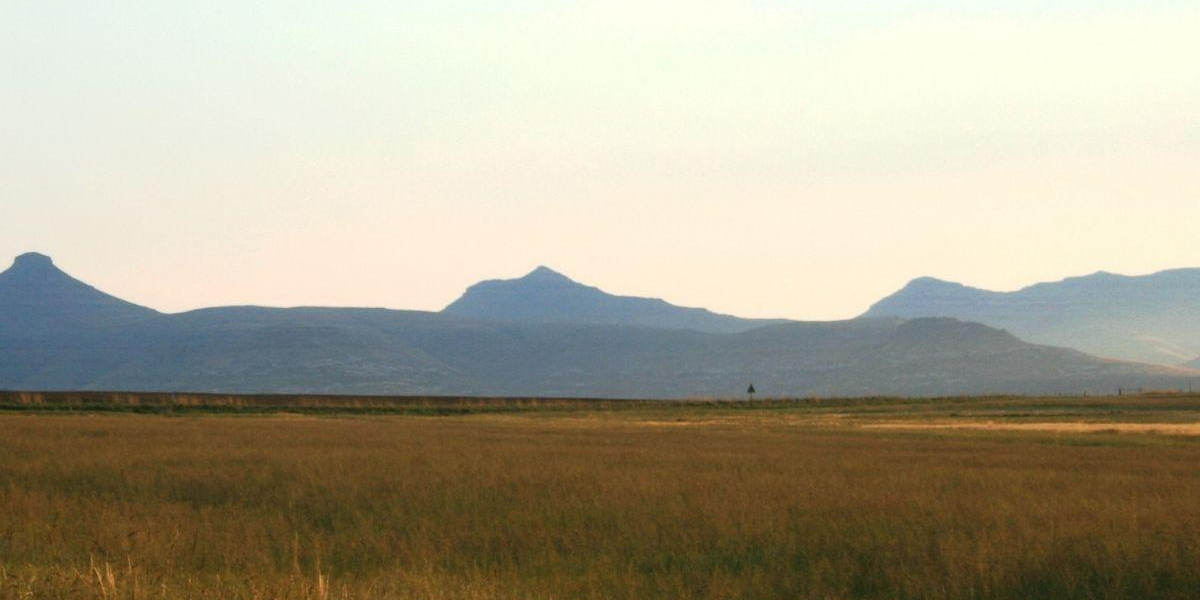
There is no better way of appreciating the size of the sky than driving through the Free State or the majestic highveld with its lush corners dotted across Mpumalanga.
Living in the inland region of our beautiful country is a real blessing.
Pros of Living in an Inland South African City
As we mentioned, coastal cities have rust issues, which is simply not a problem in inland cities.
Another bonus is that the property is cheaper, and on average, salaries are better in inland cities. And with a truly international airport, the world is the oyster of those living inland.
Johannesburg is a truly cosmopolitan city, with everyone sharing spaces. It’s also closer to unique nature reserves containing all the big five. While there are coastal reserves, they don’t offer the same experience as inland destinations.
Another pro is that if you need something specialised, fabricated or fixed, inland cities are the manufacturing heart of the country.
But by far, the best reason to live inland is the evening thunderstorms during summer. Nothing is a bigger relief than cooling off in the summer rain. Also, it means that the land turns green in summer, helping with heat.
If you travel anywhere in the summer in the Western Cape, it is just dried up with baking heat and no relief other than jumping into a frozen ocean.
Cons of Living in an Inland South African City
One of the major problems with living inland is distance. Johannesburg is a massive metropolitan area and is hard to comprehend for Capetonians who haven’t visited (they exist).
This distance means a real investment of time to visit attractions, and with diesel and petrol being more expensive, it’s lucky that most earn more than their coastal counterparts.
Ready to Move?
If this piece has convinced you to move to the opposite city, let Wise Move help you get there! Organising a move has never been this easy, just a few clicks and you could you booked to move to one of SA's best destinations.
What do our customers say?



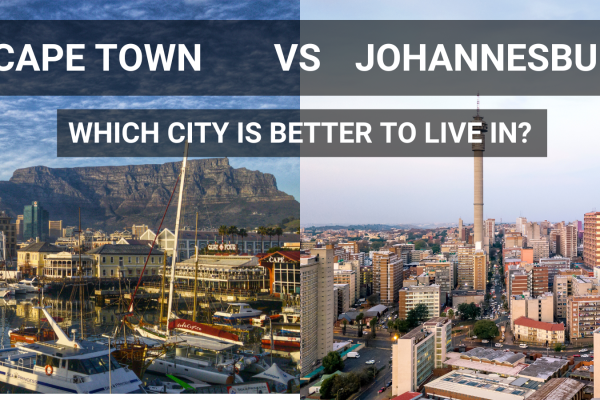
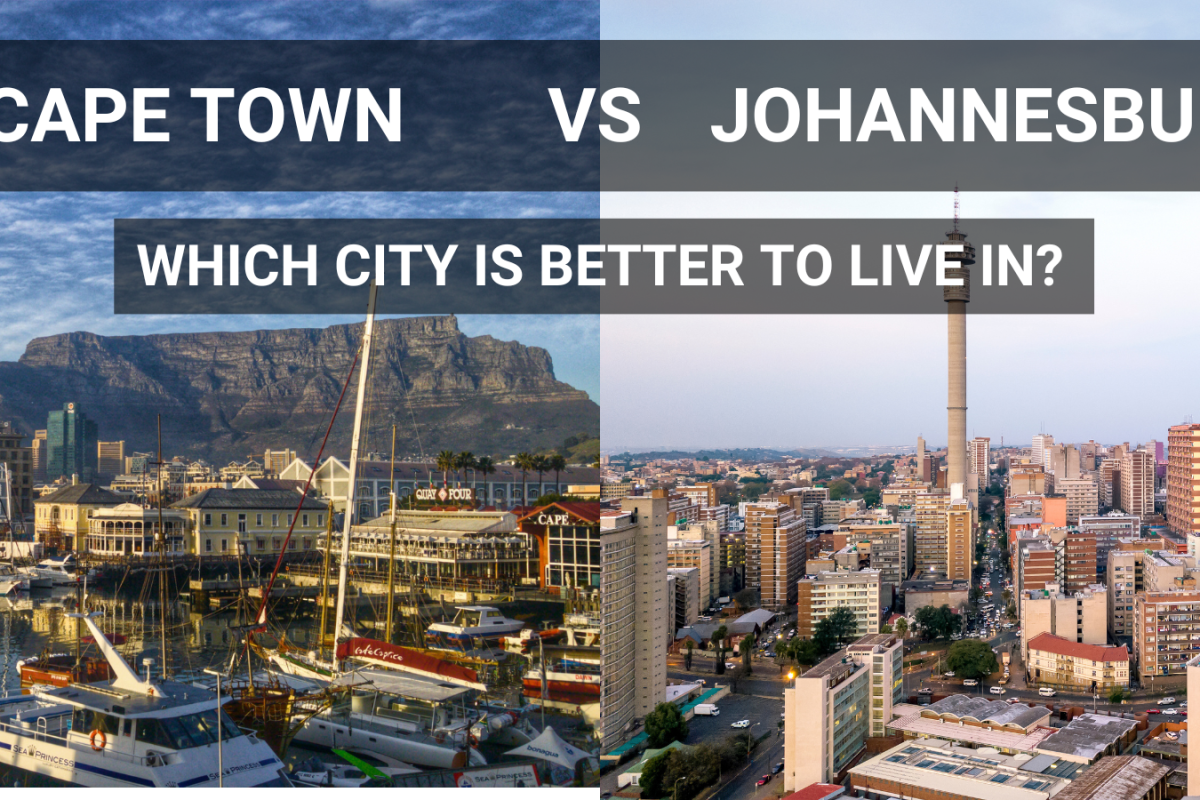
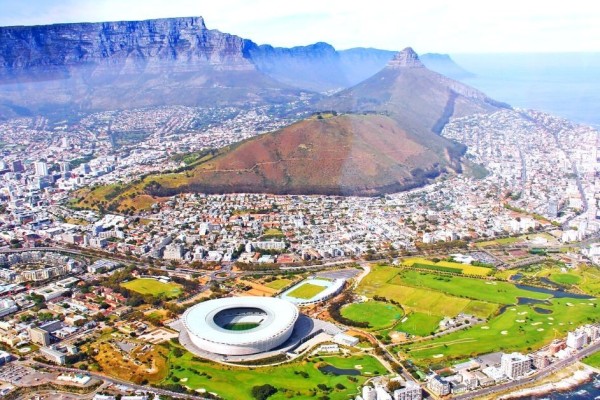

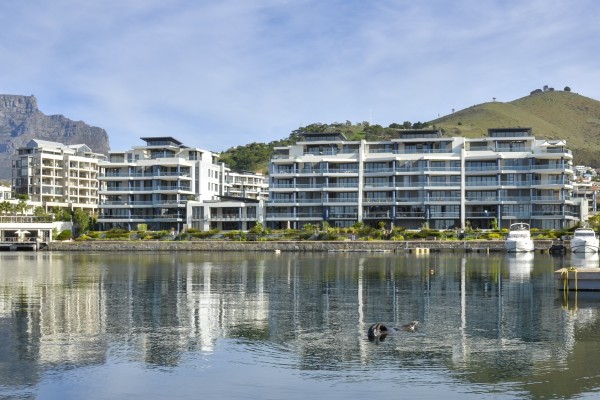
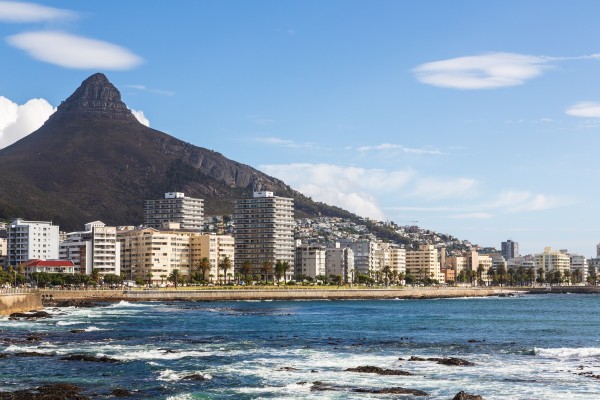
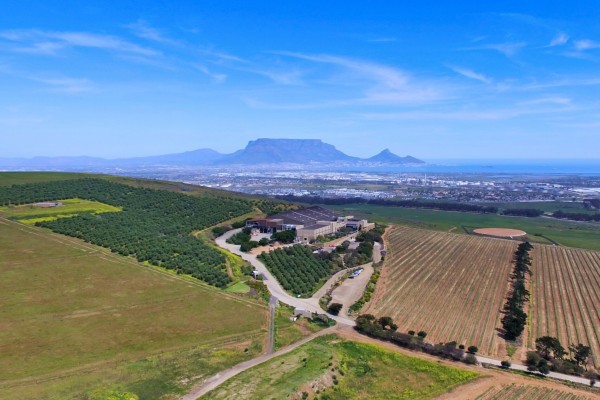
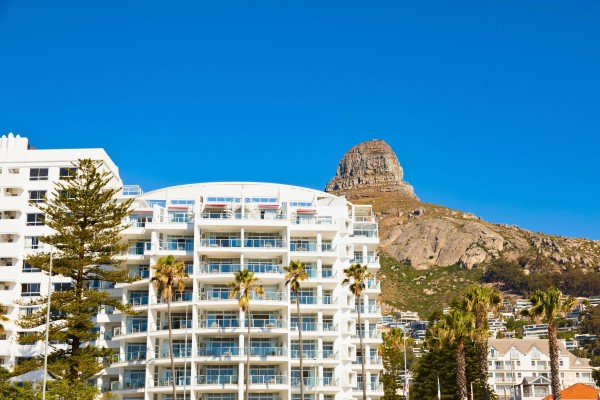


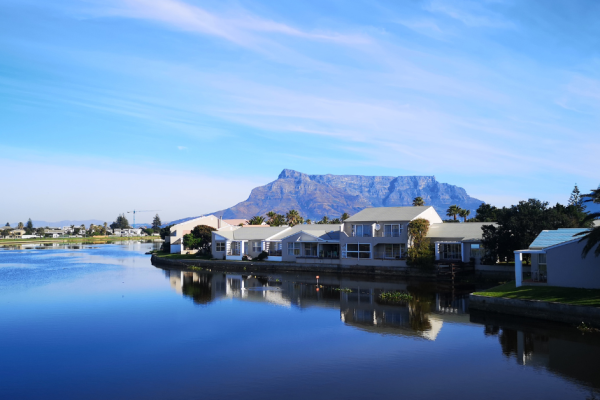
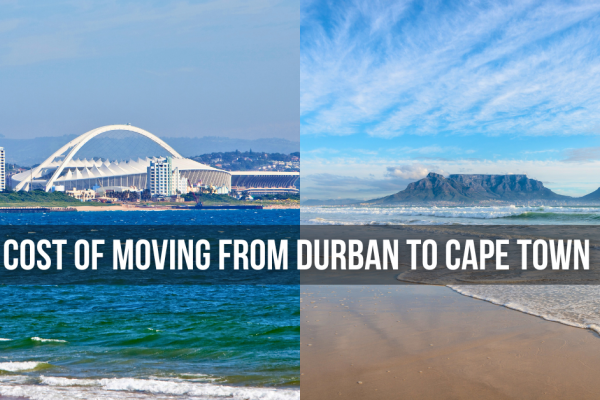
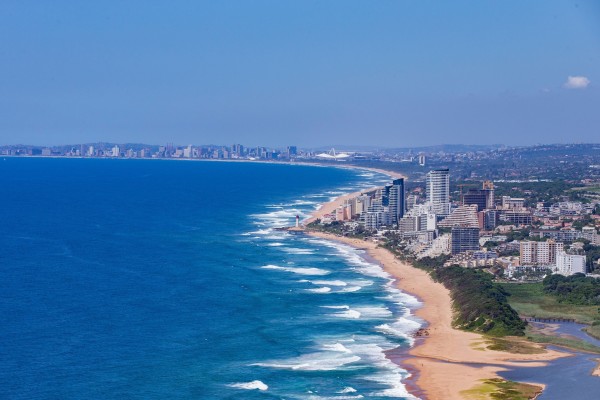
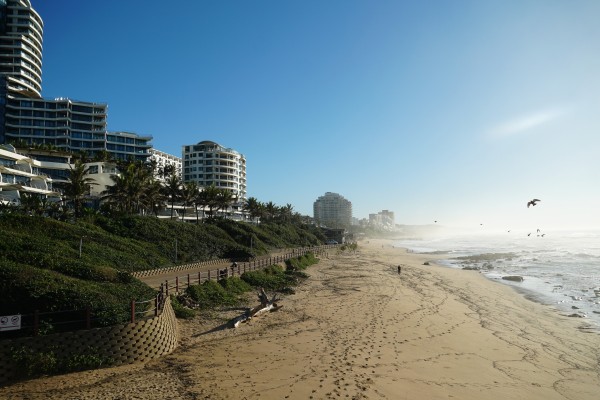
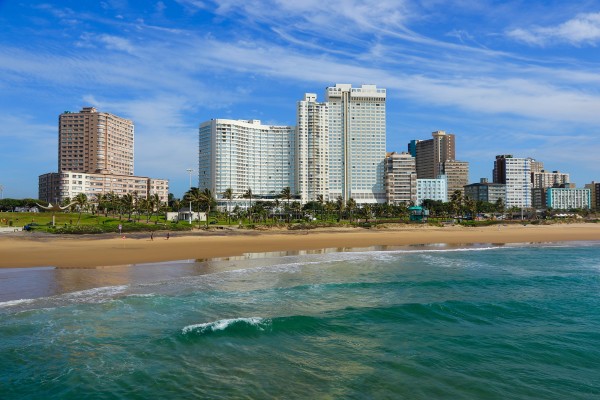
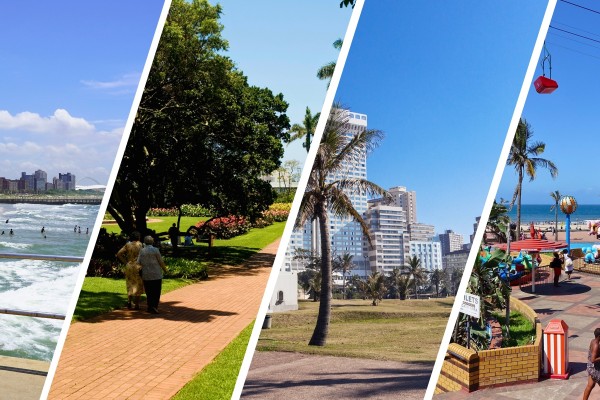
![The Cost of Living in Durban [2025] The Cost of Living in Durban [2025]](https://cdn.wisemove.co.za/image/blog/33d6922f3018eeb43ebed98163e7b2cd.jpeg)
